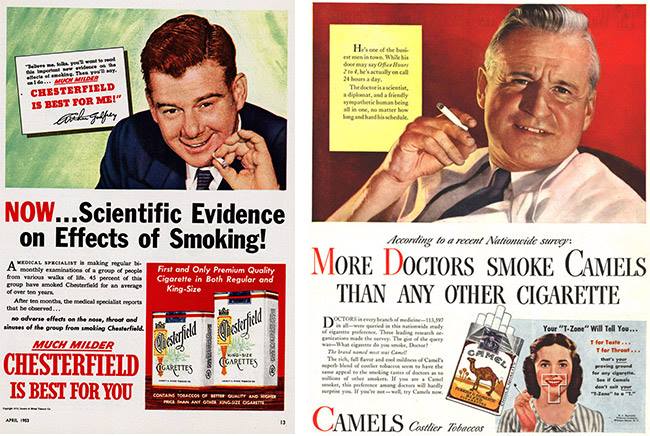Here are links to go through if people are interested in understanding the issue of evidence-based nutrition and how the meat, egg and dairy industries are designing studies to mislead the public and create good news about bad habits. I don’t expect people to go through it all at this instant, but there is a lot to consider when talking about studies on nutrition, like corporate influences, revolving doors where people switch places between institutions and companies, lobbyists, conflicts of interest, study design, etc.
How the Dairy Industry Designs Misleading Studies
“How the meat and dairy industries design studies showing their products have neutral or even beneficial effects on cholesterol and inflammation.”
How the Egg Board Designs Misleading Studies
“The cholesterol in eggs not only worsens the effects of saturated fat, but has a dramatic effect on the level of cholesterol and fat circulating in our bloodstream during the day.”
The Saturated Fat Studies: Set Up to Fail
“How might Big Butter design a study (like the Siri-Tarino and Chowdhury meta-analyses) to undermine global consensus guidelines to reduce saturated fat intake?”
Evidence-Based Medicine or Evidence-Biased?
“Evidence-based medicine may ironically bias medical professionals against the power of dietary intervention.”
Food Industry-Funded Research Bias
“Using the tobacco industry playbook, food companies have been caught trying to undermine public health policies by manipulating the scientific process.”
Disclosing Conflicts of Interest in Medical Research
“Billions in fines for bribery and suppressing data may just be the cost of doing business for drug companies, but surely doctors themselves must have more integrity, right?”
Academy of Nutrition & Dietetics Conflicts of Interest
“What effect do corporate sponsorships from food companies have on the American Academy of Family Physicians and the Registered Dietitian organization (formally known as the American Dietetic Association)?”
American Medical Association Complicity with Big Tobacco
“Mainstream medicine’s permissive attitude towards smoking in the face of overwhelming evidence can be an object lesson for contemporary medical collusion with the food industry.”
Evidence-Based Nutrition
“It took more than 7,000 studies and the deaths of countless smokers before the Surgeon General’s report on tobacco was released in the 1960s. How many people are suffering needlessly from preventable dietary diseases today?”
Medical School Nutrition Education
“Most medical schools in the United States fail to provide even a bare minimum of nutrition training.”
Doctors Know Less than They Think about Nutrition
“Doctors found to be overconfident in their knowledge and ability to counsel patients about lifestyle modification for chronic disease prevention.”
Big Salt – Getting to the Meat of the Matter
“Why do the meat industries add salt when millions of lives are at stake?”
Big Sugar Takes on the World Health Organization
“What happened when the World Health Organization had the gall to recommend a diet low in saturated fat, sugar, and salt and high in fruit and vegetables?”
Spotting Fake Health Information – Pam Popper
“In this full length talk, she examines how the public is easily misled by forces with financial interests, and how to protect yourself. This talk comes from our 2011 Healthy Lifestyle Expo.”
Links not specifically linked to nutrition but still relevant.
Why Scientific Peer Review is a Sham
“In recent years the defects in the peer review system have been the subject of a profusion of critical editorials and studies in the literature. It is high time that the world took heed of what the critics are saying, not least of all because of the medical and health ramifications.”
The Crisis of Science : The Corbett Report
“In recent years, the public has gradually discovered that there is a crisis in science. But what is the problem? And how bad is it, really? Today on The Corbett Report we shine a spotlight on the series of interrelated crises that are exposing the way institutional science is practiced today, and what it means for an increasingly science-dependent society.”
Dr. Jason Fung: Financial Conflicts of Interests and the End of Evidence-Based Medicine
““Evidence-based medicine is actually so corrupt as to be useless or harmful,” Marcia Angell wrote in 2009. The statement was less a revelation than something many already knew, but it made waves because of its source. Angell, a medical insider, had spent two decades as the editor-in-chief of the New England Journal of Medicine.”






